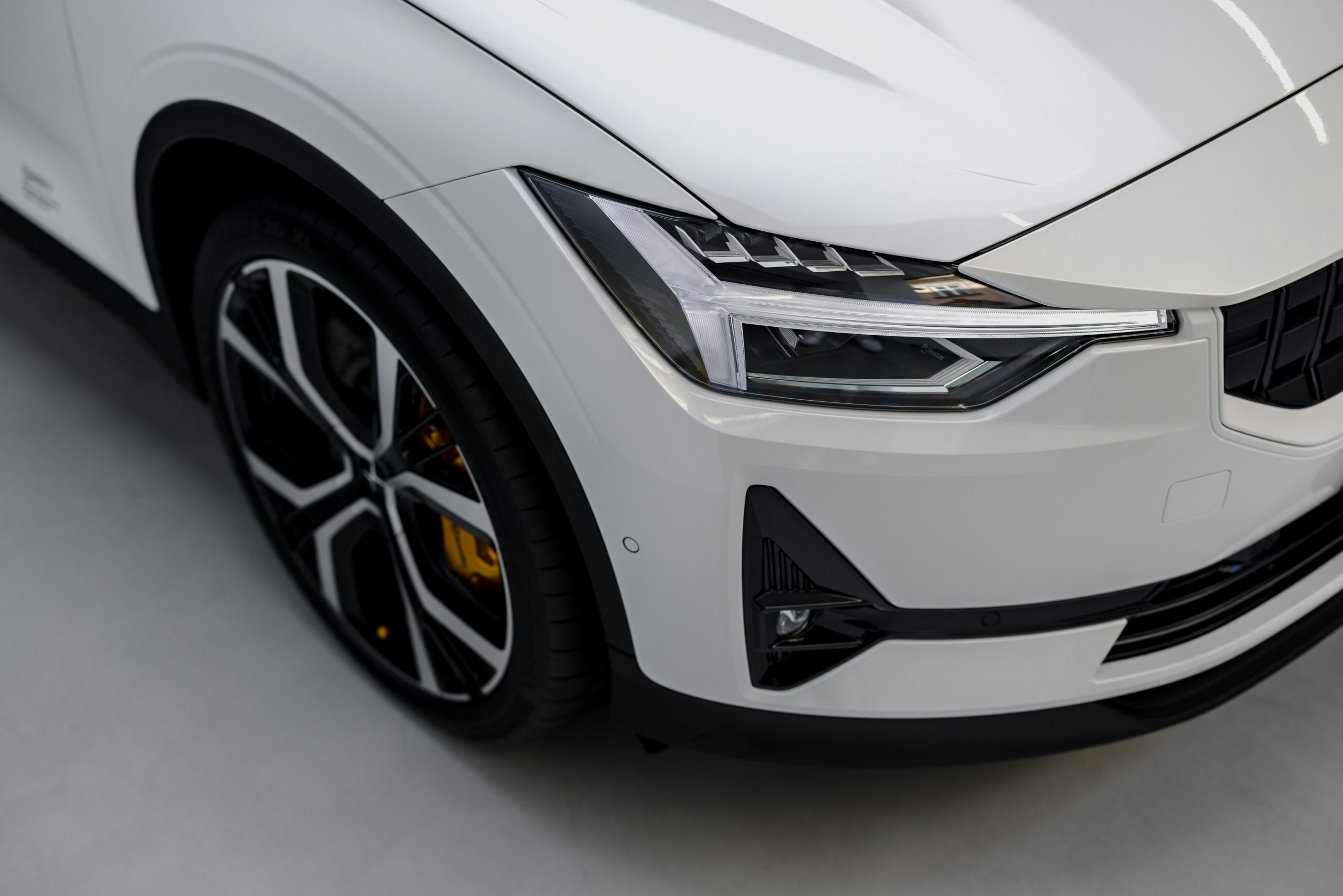The Hidden Costs of Vehicle Ownership Beyond the Purchase Price
In today’s fast-paced world, owning a vehicle has become a necessity for most individuals. The convenience and freedom that comes with owning a car are unmatched, making it a popular choice among people of all ages. However, while purchasing a vehicle, most people only focus on the upfront cost and fail to take into account the hidden costs that come with vehicle ownership. Beyond the purchase price, there are several expenses that vehicle owners need to be aware of. In this article, we will uncover the hidden costs of vehicle ownership and the impact they can have on your budget.
The Price Tag is Just the Beginning
When purchasing a vehicle, the first and most obvious cost that comes to mind is the sticker price. This includes the base cost of the car, as well as any additional features or upgrades that you may opt for. The hunt for the perfect car at an affordable price often leads buyers to overlook the other costs that come with vehicle ownership. Let’s dive into the hidden expenses that you need to consider before bringing home your new ride.
Insurance Premiums
One of the most significant costs associated with vehicle ownership is the insurance premium. In most countries, it is mandatory to have car insurance to cover for any damages or accidents. The cost of insurance can vary depending on your age, driving record, and the type of vehicle you own. Additionally, factors such as your location, the crime rates in your area, and the frequency of your car usage can also impact the cost of your insurance premium. It’s crucial to research and compare insurance options to find the best coverage at an affordable price.
Maintenance and Repairs
Just like any other machine, your car will require regular maintenance to keep it running smoothly. From oil changes to replacing tires, vehicle maintenance can quickly add up. In addition to routine maintenance, there’s also the possibility of unexpected breakdowns or accidents, which can result in costly repairs. It’s essential to budget for these expenses and have an emergency fund in case of any unforeseen repairs.
Registration and Taxes
Many people often forget to factor in registration and taxes when budgeting for a car purchase. Depending on where you live, the cost of registering your vehicle can vary, and it’s a recurring expense that you need to keep in mind. Similarly, there are also taxes associated with vehicle ownership, such as sales tax, which can add to the overall cost of your car purchase.
Parking and Tolls
If you live in a city or frequently commute through toll roads, you’ll also need to consider these expenses in your budget. Monthly parking fees and toll charges can quickly add up, especially if you use your vehicle for daily commuting. Make sure to factor in these costs to avoid any surprises when it comes to paying your bills.
Depreciation
While not an immediate expense, depreciation is a significant cost associated with vehicle ownership. As soon as you drive your new car off the lot, it starts to depreciate in value. In fact, according to Edmunds, a new car loses an average of 23% of its value in the first year. This means that if you decide to sell your car after a few years, you’ll likely only get a fraction of what you paid for it. It’s essential to keep this in mind when purchasing a vehicle and consider the potential resale value.
The Bottom Line
Buying a car goes beyond the price tag, and it’s crucial to consider all the hidden costs that come with vehicle ownership. From insurance premiums to maintenance and repair expenses, these costs can quickly add up and impact your budget. By doing thorough research and budgeting effectively, you can prepare yourself for the real cost of owning a car beyond the purchase price. Remember to also factor in your personal needs and usage to make an informed decision that fits your budget and lifestyle.






